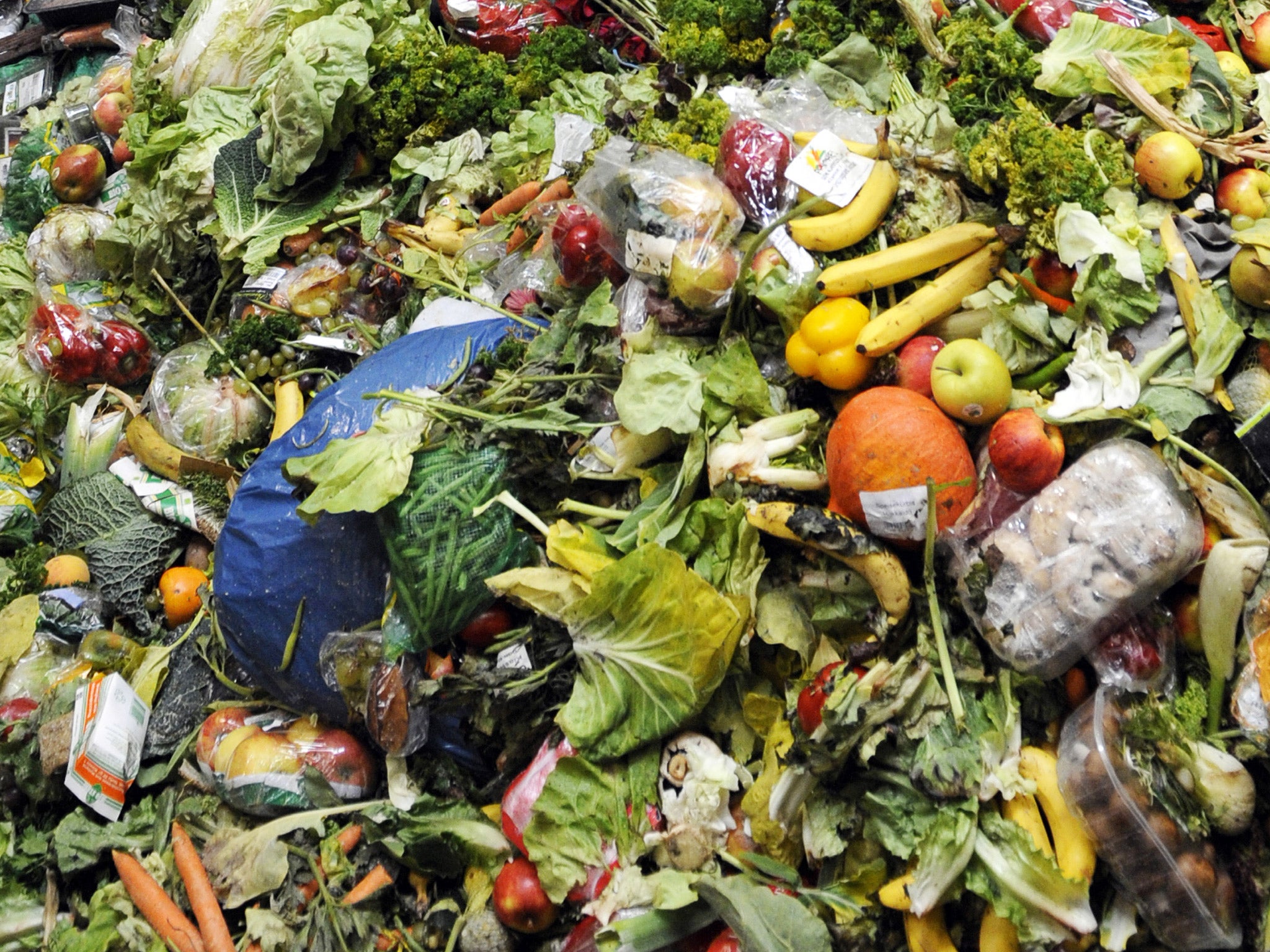The hungry ‘should not be punished’ for stealing small amounts of food, Italian court rules
'The court’s decision reminds us all that in a civilised country no one should be allowed to die of hunger'

Your support helps us to tell the story
From reproductive rights to climate change to Big Tech, The Independent is on the ground when the story is developing. Whether it's investigating the financials of Elon Musk's pro-Trump PAC or producing our latest documentary, 'The A Word', which shines a light on the American women fighting for reproductive rights, we know how important it is to parse out the facts from the messaging.
At such a critical moment in US history, we need reporters on the ground. Your donation allows us to keep sending journalists to speak to both sides of the story.
The Independent is trusted by Americans across the entire political spectrum. And unlike many other quality news outlets, we choose not to lock Americans out of our reporting and analysis with paywalls. We believe quality journalism should be available to everyone, paid for by those who can afford it.
Your support makes all the difference.Who can blame a homeless man for stealing a small amount of food from a grocery store? Certainly, it seems, not Italy's Supreme Court.
Five years ago, Ukrainian national Roman Ostriakov was homeless in Genoa when he was caught stealing cheese and sausage worth less than $5. He was fined €100 (£80) and sentenced to six months in jail in 2015, a sentence that he appealed. On Monday, the Italian Supreme Court ruled in his favor.
"The condition of the accused and the circumstances in which he obtained the merchandise show that he had taken the little amount of food he needed to overcome his immediate and essential requirement for nourishment," it ruled. "People should not be punished if, forced by need, they steal small quantities of food in order to meet the basic requirement of feeding themselves."
The Italian newspaper La Stampa praised the verdict in a front-page editorial.
"The court’s decision reminds us all that in a civilised country no one should be allowed to die of hunger," it read.
Another Italian newspaper, Corriere Della Sera, noted in an opinion piece that statistics show the ranks of Italy's poor grow by 615 people daily and that it was "unthinkable that the law should not take note of reality". The piece also took issue with how long the judicial system took to arrive at its final decision.
The ruling is "right and pertinent," Italiaglobale.it wrote. The decision is rooted in a concept that "informed the Western world for centuries — it is called humanity," it wrote, according to a BBC translation.
Ostriakov's appeal was based on different reasoning than that employed by the court. His lawyers argued that his sentence should only be reduced — from theft to attempted theft — because he was caught before he exited the store.
Copyright: Washington Post
Join our commenting forum
Join thought-provoking conversations, follow other Independent readers and see their replies
Comments